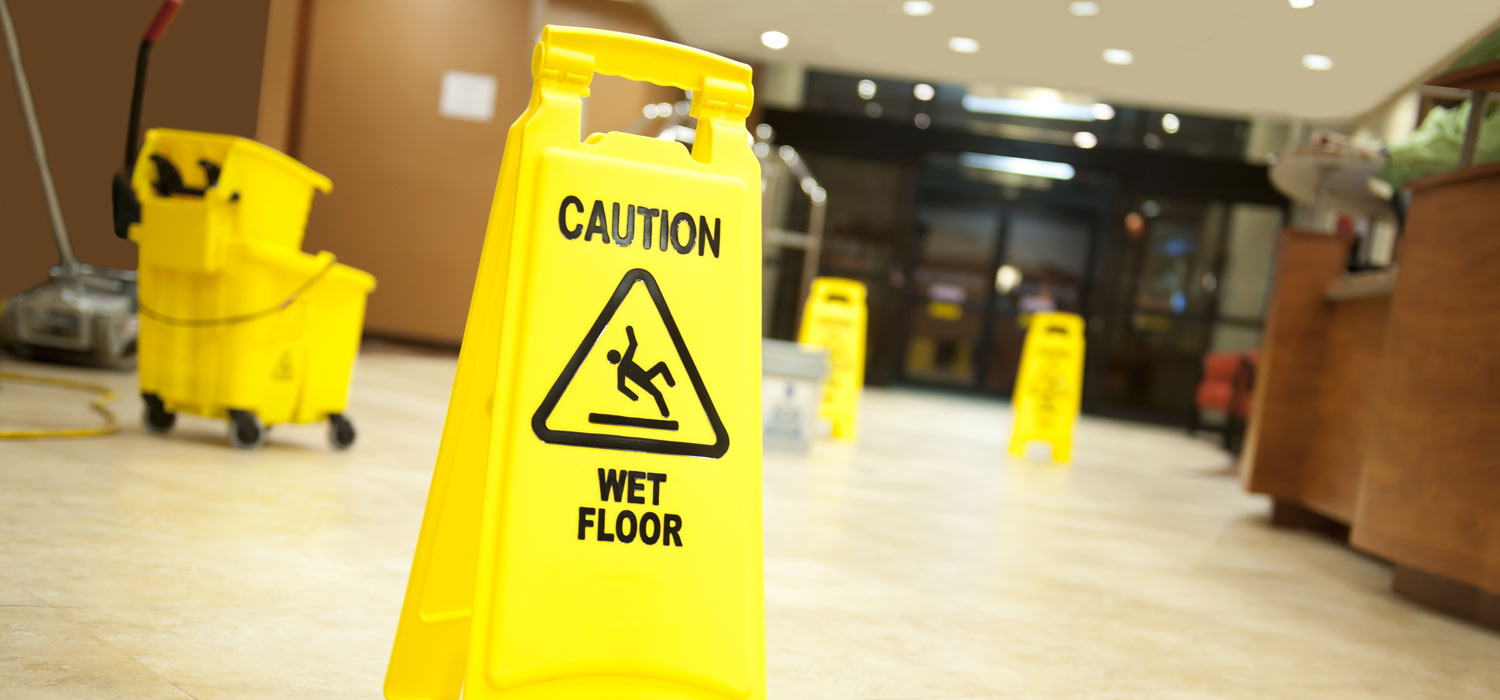Who is Responsible in Premises Liability
The Visitor’s Legal Status
Introduction
 You may be asking yourself what exactly is the meaning of premises liability? Premises liability refers to a property owner or operator’s legal responsibility for injuries due to unsafe and hazardous conditions. Responsibility is bestowed on them to exercise a duty of care for visitors.
You may be asking yourself what exactly is the meaning of premises liability? Premises liability refers to a property owner or operator’s legal responsibility for injuries due to unsafe and hazardous conditions. Responsibility is bestowed on them to exercise a duty of care for visitors.
Liability is strictly determined by the state you live in. There are some states that’ll specifically maintain focus on the injured just to determine the liability procedure, while there are others that’ll look at the property condition and the kind of activities performed by both the victim and owner. A Los Angeles property liability attorney can help you learn more about California laws on premises liability.
Here are some of the key points that’ll further explain the individual responsibility regarding premises liability:
In the event where you may be injured inside a premises, then you may want to get yourself a Los Angeles personal injury lawyer that will be sure to take you through factors regarding the visitor’s legal status. Here are some of the factors that you need to be aware of:
- An invitee is simply someone who has access to the premises based on invitation. Such may include a customer in a store and the invitation means that the owner of the premises has ensured that safety is observed.
- A licensee prompts entry of property based on his own purpose. This could also be a guest, but has to be done so at the consent of the legal owner.
- A social guest is simply just a welcomed guest on the premises.
- A trespasser is someone that enters the premises without any permission or authentication of which there’s no legal promise regarding the safety of a trespasser within the premises.
The Property’s Condition and Activities of Both the Visitor and Owner
In some states, the laws put more consideration on the condition of the property and activities performed by both the owner and visitor. This means that you’ll need to have a reliable attorney for premises liability suits in Los Angeles that can explain the details behind this focus. Ideally, the law requires that safety is carefully observed for any visitor, but not for trespassers. Your Los Angeles property accident injury lawyer can tell you more about that. In such a case, these are some of the factors that are looked considered:
- The visitor’s circumstances when entering the building
- The way and manner the premises is used
- The predictability of the accident or injury inflicted
- The effort made by the owner of the premises to repair the potential risk or to warn others of it
Trespassers on Property
By having a Los Angeles premises injury liability attorney, you’ll be able to know what exactly most state laws say about trespassers. Ideally, if the owner of the property suspects entry, they should give a reasonable warning to avoid injury. This is a requirement that strictly applies to the case where the owner is sure of certain artificial conditions that may inflict serious injury. In circumstances where this might not be plausible, certain safety precautions should be taken to keep children from harm.
Children on Property
The special duty paid to children is referred to as ‘attractive nuisance’ and requires that the owner of the property give a reasonable warning. If the owner of the property knows that children are likely to access the premises, and there may be a potential risk of injury or death caused by a dangerous condition, the owner should have a clear sign that says so. The law is very protective of children, therefore you’ll need a good property liability attorney if you ever find yourself responsible.
When Both Parties Are in The Wrong
If you happen to look at the details on this section provided by a premises liability lawyer in Los Angeles, you’ll come to learn that one of the most common limitations used on a property owner liability is the claim that the injured visitor was partly on the wrong. In such a case, the visitor has a legal duty to exercise personal care for their own safety. The comparative fault ruling ensures that the victim’s legal damages are deducted by a certain percentage that’s equal to his/her percentage of fault.
Conclusion
You need to be in a position to tell who will be responsible in case of an accident that may take place within the premises. In any case, you may find yourself in the position of the visitor or owner and therefore, having the know-how of the legal process will help you solve the issue even faster.

